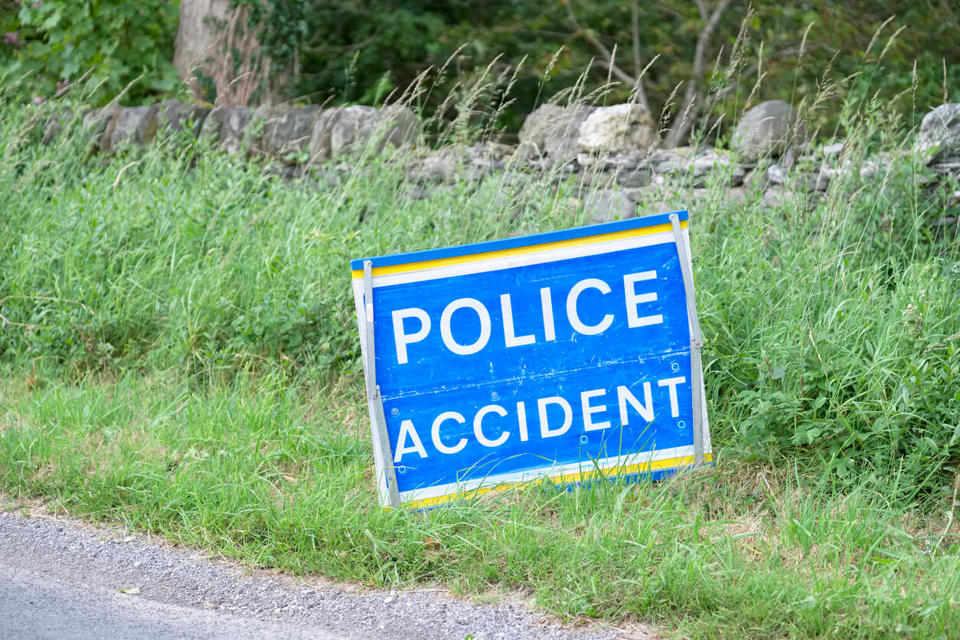European Union transport ministers have formally agreed to set a target of halving the number of serious injuries on roads in the EU by 2030 from their 2020 level.
They formally endorsed the Valletta declaration on improving road safety, issued at an informal meeting organised by the Maltese presidency on March 29, 2017. Ministers also called on the European Commission to come forward with a new road safety strategy for the decade 2020-2030.
Antonio Avenoso, executive director of ETSC, said: “If the EU is serious about meeting this goal, meaningful measures are needed now.
“EU vehicle safety standards have not been updated since 2009 despite rapid advances in technology that can help drivers keep within speed limits and avoid collisions. Every day of delay will lead to more unnecessary deaths and serious injuries on our roads."
Overall, 25,500 people died on EU roads in 2016, a figure virtually unchanged in three years. In addition, the European Commission estimates that more than 135,000 suffer serious injuries each year.
Mary Williams, CEO for Brake, the road safety charity, said: “Targets are essential. They focus governments' minds on the crisis, and the need for urgent steps to be taken by them to save lives.
“All governments should focus on measures that drive towards zero casualties through a safe systems approach. We particularly call for measures that protect pedestrians and cyclists such as segregated road space, 20mph limits and vehicle design improvements, such as ISA which restricts speed of vehicles below limits and advanced automated emergency braking systems currently under consideration by the EU.”
She concluded: "It's a disgrace that there are currently no GB targets for casualty reduction. Brake applauds Highways England for setting its own target of a 40% reduction in the numbers of people killed and serious injured on the Strategic Road Network.
“We are calling for a GB target to be set as an urgent priority for the incoming UK government."

















Login to comment
Comments
No comments have been made yet.